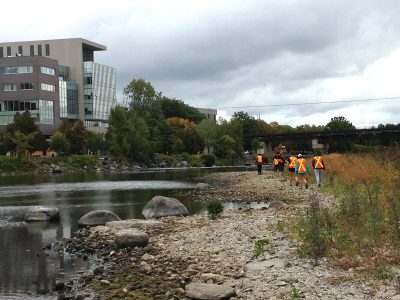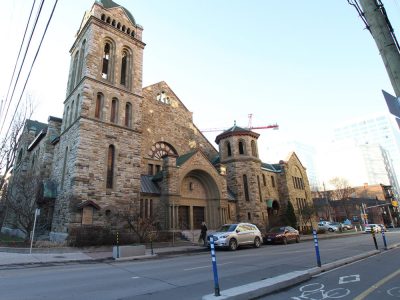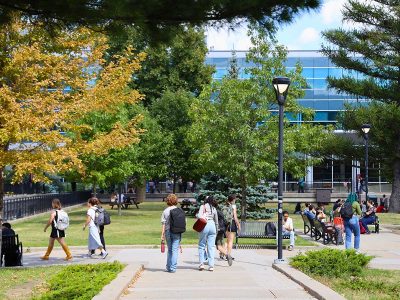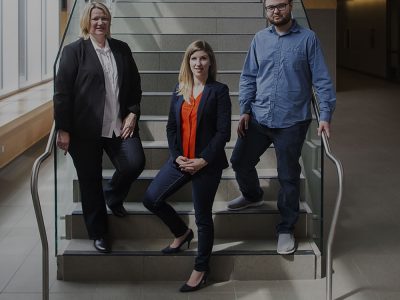By Jena Lynde-Smith
Over the summer, Carleton University science students gained hands-on research experience through the Black and Indigenous Summer Research Internships (BISRI). From cancer research to environmental conservation and digital afterlife planning, the internships allowed them to explore their passions. Supported by the Canadian Cancer Society, BISRI offers paid internships, mentorship, and skill development for Black and Indigenous students across various scientific fields.
“We are excited and honoured to partner with Carleton University to offer summer opportunities for Black and Indigenous undergraduates to work with leading cancer researchers in Canada,” says Jennifer Wilson, Vice President, Research Programs, Canadian Cancer Society.
“By supporting these students, we are committed to building capacity and training the next generation of cancer researchers.”
Read about the experiences of four BISRI students below.

Advancing Cancer Research
Jesukhogie Williams-Ikhenoba, a recent graduate of Carleton’s Neuroscience and Mental Health program, leveraged his BISRI internship to transition from neuroscience to molecular biology, focusing on cancer research. Under the guidance of Carleton biology professor Bruce McKay, his research involved studying cancer cell responses to stressors and identifying potential pathways to reverse these responses.
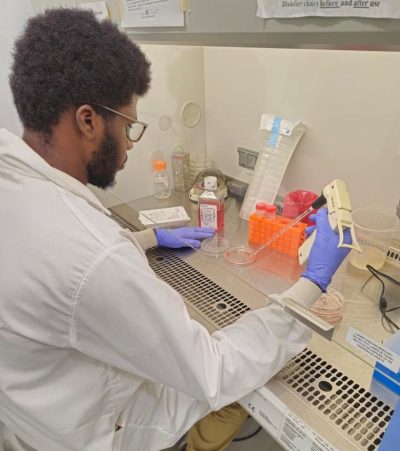
Jesukhogie Williams-Ikhenoba
“In Nigeria, cancer was a death sentence, and patients were stigmatized and secretive of their diagnosis,” Williams-Ikhenoba says.
Williams-Ikhenoba’s role as a research assistant involved maintaining cell lines, performing RNA extraction, conducting qPCR, and utilizing flow cytometry for data analysis.
“Cancer is multi-faceted and an emerging hallmark of tumor cells is abnormal mRNA splicing. Working with Prof. Mckay on this would put me on the forefront of a discovery,” he says.
A particularly memorable aspect of Williams-Ikhenoba’s internship was attending the BE-STEMM 2024 conference, organized by the Canadian Black Scientists Network.
“For the first time in a long while, I got to be in a gathering of very smart brothers and sisters,” he recalls.
Williams-Ikhenoba’s journey began with a fascination for science growing up in a small Nigerian town. Initially focused on neuroscience, his interest in molecular biology and genetics grew during his time at Carleton. He credits the BISRI program with giving him the experience needed to shift fields.
“This BISRI allowed me to gain hands-on expertise in state-of-the-art methods unavailable in typical undergraduate labs and participating has significantly enhance my professional profile as I transition into the biotech industry.”
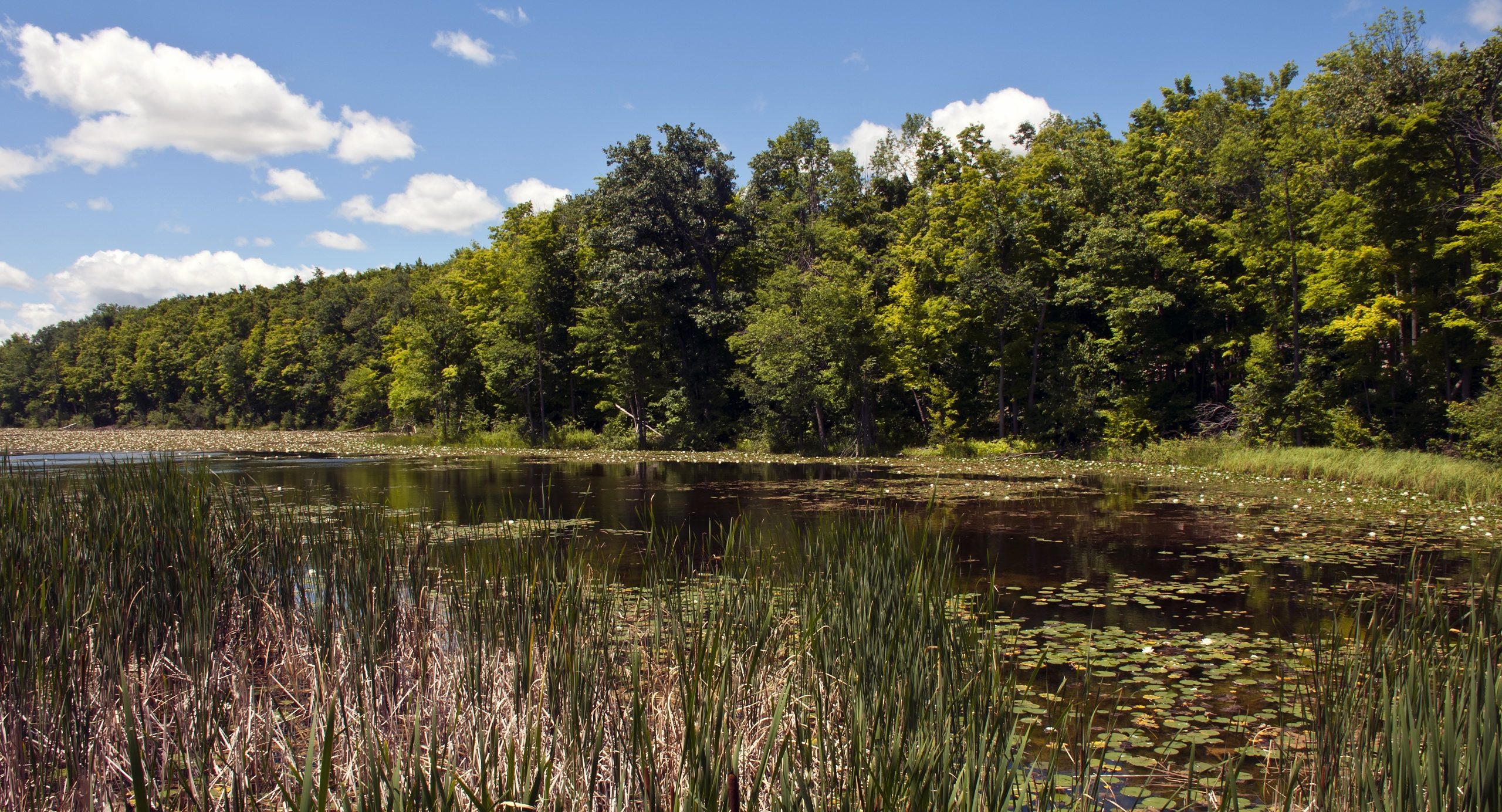
Working in Animal Conservation
For Lacey Pilon, a second-year biology student, BISRI offered the chance to turn a lifelong interest in conservation into tangible work. As a research field technician, she worked under professor Christina Davy, studying turtles, snakes, and bats.
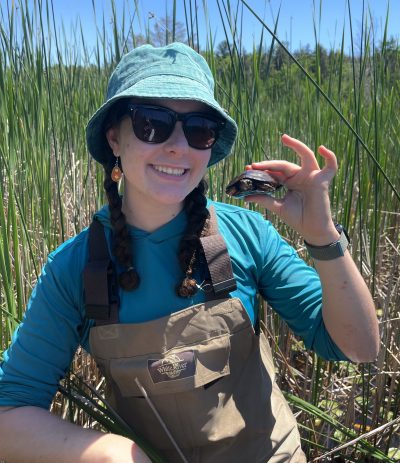
Lacey Pilon
“Conservation means a lot to me,” Pilon says. “Over the years, I could see firsthand how the environment is negatively impacted by modern practices.”
During her internship, Pilon was involved in species identification, bat tracking with radio telemetry, sample and data collection, and animal handling.
“Under strict protocols, I was able to work with amazing species that I wouldn’t have had the chance to encounter outside of this internship,” she says.
Pilon’s upbringing in Chapleau, Ontario, as a member of the Chapleau Cree First Nation, shaped her passion for science, even though few of her peers shared her interest. She was drawn to Carleton because of its supportive atmosphere and community.
“The most important lesson I learned during my internship is that there is no such thing as perfect science,” Pilon says.
“There will always be another variable to consider, and that’s what excites me about pursuing future research.”
Pilon’s supervisor, Prof. Davy, is impressed by her contributions.
“Every student who joins our research group gets to learn new skills, but each person also brings their own knowledge and experiences to our team,” she says.
“I can’t overstate Lacey’s contribution to our current team. Programs like BISRI are crucial for rebalancing representation in science and including diverse perspectives in research.”
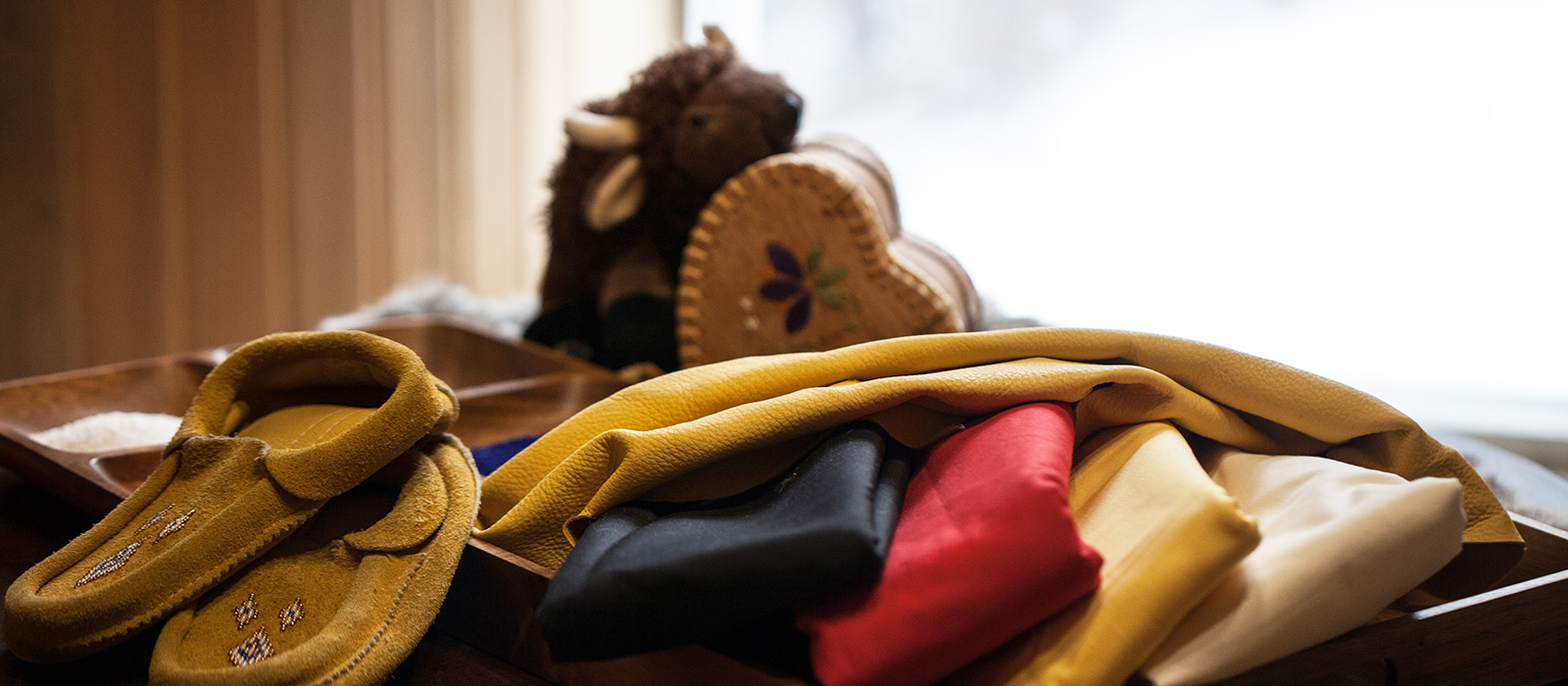
Addressing Historical Injustices and Health Outcomes for Métis
Noah Bennell, a third-year Neuroscience and Mental Health student, used his BISRI internship to explore the historical and health disparities affecting Métis communities. Under the mentorship of professors Robyn McQuaid and Amy Bombay, Bennell is creating a report on Métis experiences with residential schools and the Sixties Scoop.
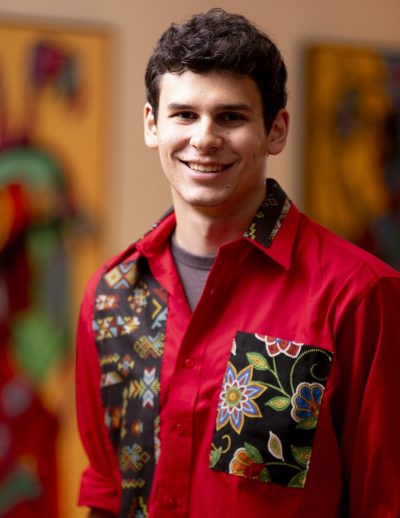
Noah Bennell
“For too long, Métis experiences have been overlooked in scholarly work and reconciliation efforts,” Bennell says.
Raised in Ottawa and connected to the Northwest Territory Métis Nation through his mother, Bennell’s heritage deeply informs his academic interests. He chose Carleton’s Neuroscience and Mental Health program because it allowed him to pursue both research and the possibility of practicing medicine.
In addition to his BISRI project, Bennell is engaged in laboratory research funded by a NSERC Undergraduate Student Research Award. In this role, under the supervision of Prof. McQuaid, he processes blood samples to explore the relationship between biological markers and mental health conditions.
“Meaningful projects often have a broad scope, and individuals typically have expertise in specific areas,” Bennell says.
“As students, it’s important to recognize that we, too, have valuable experiences and insights and should feel confident in sharing our thoughts.”
As he prepares to begin medical school at the University of Ottawa this fall, Bennell will take with him his research experience to inform his goal of practicing medicine with Indigenous communities.
“I hope my contributions will enhance the wellness of Indigenous communities and address some of the challenges they face.”

Exploring Digital Legacy After Death
Zaine Moodie, now entering his second year in cognitive science at Carleton, used his BISRI internship to investigate the growing issue of digital legacies — how online accounts and information are managed after death. Under the guidance of computer science professor Elizabeth Stobert and master’s student Sarah Abdi, Moodie focused on Human-Computer Interaction (HCI) and its role in managing digital after-death planning.
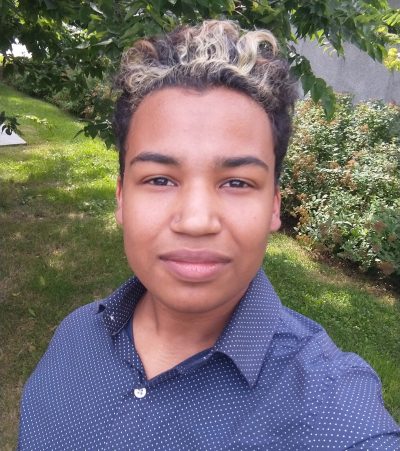
Zaine Moodie
“I’ve always had an interest in after-death planning,” Moodie says. “It’s something most people avoid talking about and not many people think about what will happen to their digital legacy.”
In his role, Moodie conducted background research and assisted in the preparation of a co-design study, including ethics applications and outreach plans. He views programs like BISRI as crucial for breaking barriers in academia.
“They help Black and Indigenous students get a foot in the door to research,” he explains.
“I found it very hard to get into research not really knowing how the world of academia works, but the BISRI environment is very welcoming and encouraging.”
Moodie’s academic path shifted from Computer Science to Cognitive Science, driven by his desire to work more closely with people. His high school experience, where he noticed a lack of representation among Black students, influenced his decision to pursue Cognitive Science, and he was drawn to Carleton’s inclusive environment.
Reflecting on the lessons learned during his BISRI, Moodie says he has learned a lot about research design.
“It’s been very cool getting to see what goes into planning a research study and why studies always have all that preamble about your right to withdraw and all those small risks.”
Thursday, August 29, 2024 in Faculty of Science, Indigenous, Research
Share: Twitter, Facebook
